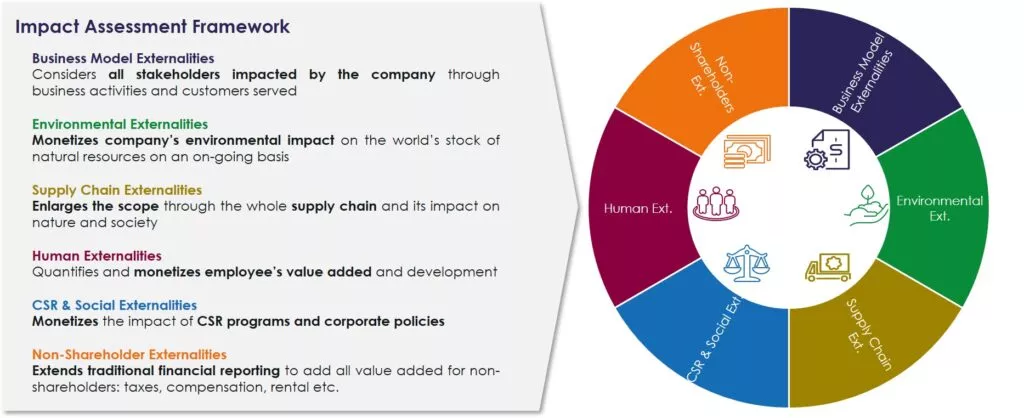Antwort Are impact assessments mandatory? Weitere Antworten – Are data protection impact assessments mandatory
Answer. A DPIA is required whenever processing is likely to result in a high risk to the rights and freedoms of individuals.PIAs are required by the E-Government Act of 2002, which was enacted by Congress in order to improve the management and promotion of Federal electronic government services and processes.A Data Protection Impact Assessment (DPIA) is a process to help you identify and minimise the data protection risks of a project. You must do a DPIA for processing that is likely to result in a high risk to individuals. This includes some specified types of processing.
What does the GDPR require by law : The GDPR requires a legal basis for data processing
“In order for processing to be lawful, personal data should be processed on the basis of the consent of the data subject concerned or some other legitimate basis,” the GDPR explains in Recital 40.
What needs to be impact assessed
The full range of what are now known as 'protected equality characteristics' need to be considered and addressed. These are: age; disability; gender reassignment; marriage and civil partnership; pregnancy and maternity; race; religion or belief; sex; and sexual orientation.
Does GDPR require risk assessment : Yes, GDPR requires risk assessment as a crucial part of its compliance framework.
Equality impact assessments are not a legal requirement in the UK, but are used as an effective tool to meet an organisation's dedication to inclusivity. Undertaking an assessment when making a company decision or taking action could ensure that protected groups of employees are not unfairly treated.
You have a legal duty to assess the risks to the health and safety of your employees (and risks to the health and safety of persons not in your employment) to which they are exposed while they are at work.
What is the requirement impact assessment
A Requirements Impact Assessment assesses the current architecture requirements and specification to identify changes that should be made and the implications of those changes.Lawfulness, fairness, and transparency; ▪ Purpose limitation; ▪ Data minimisation; ▪ Accuracy; ▪ Storage limitation; ▪ Integrity and confidentiality; and ▪ Accountability. These principles are found right at the outset of the GDPR, and inform and permeate all other provisions of that legislation.Any company that stores or processes personal information about EU citizens within EU states must comply with the GDPR, even if the company doesn't have a business presence within the EU. Specific criteria for companies required to comply are: A presence in an EU country.
When do I need to do an Impact Assessment Typically, new or changing services, policies and strategies (including commissioned services and changes to funding) require some kind of assessment and equality analysis if they will have an impact on people or the environment.
What are the 4 types of impact assessment : These assessments are known as social impact assessments (SIA), socio-economic assessments (SEA), cultural impact assessments (CIA), or economic impact assessments (EIA). The following sections provide a summary of the essential elements of these assessments.
What is exempt from GDPR : For example, these might be when the data is not personal data, or when the user is not a business or an organisation. Uses not covered by GDPR include use as data in the investigation of a crime or enforcement of the law, and in national security interests.
Which companies are required to undertake impact assessment
Impact assessment is only mandatory for companies with CSR obligations of INR10 crore with projects of INR1 crore or more. Companies can set aside a maximum of 5% of the CSR spent or INR 50 Lakh – whichever is lesser – for impact assessment.
Certain employment is exempted from the Act, including: Priests, monks, nuns, rabbis, and ministers of religion. Actors and models in the film, television and fashion industries (a British Chinese actress for a specific role, for instance).Not having a solid (and up-to-date) risk assessment can lead to accidents, injuries, fines, and even prosecutions, putting your employees' safety and your business' reputation on the line.
What happens if a business doesn’t have a risk assessment : Without proper risk assessments, the likelihood of accidents and incidents in your workplace increases. This not only affects the well-being of your employees but can also lead to employees needing time off work, increased insurance costs, compensation costs and a loss of productivity.




